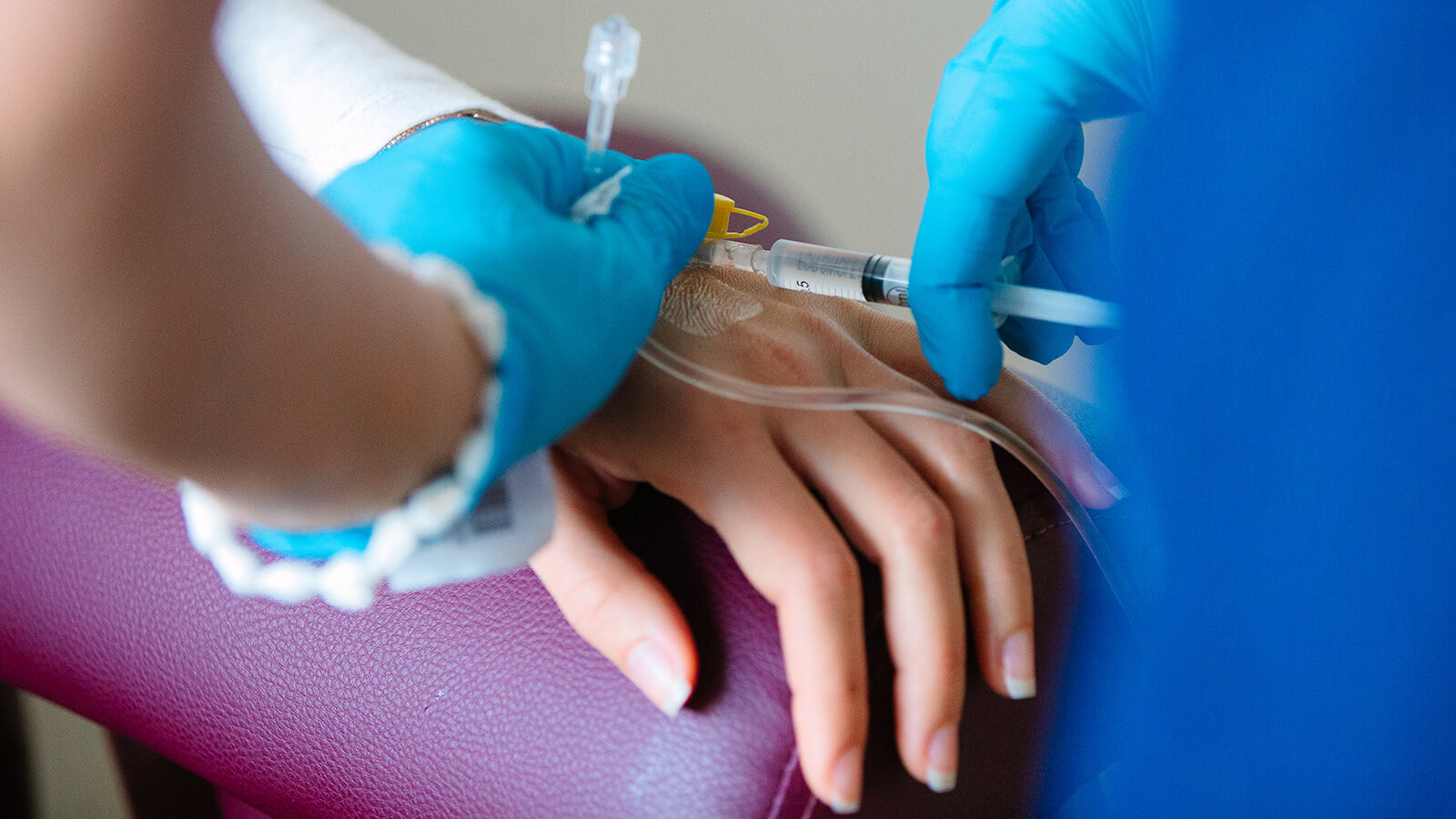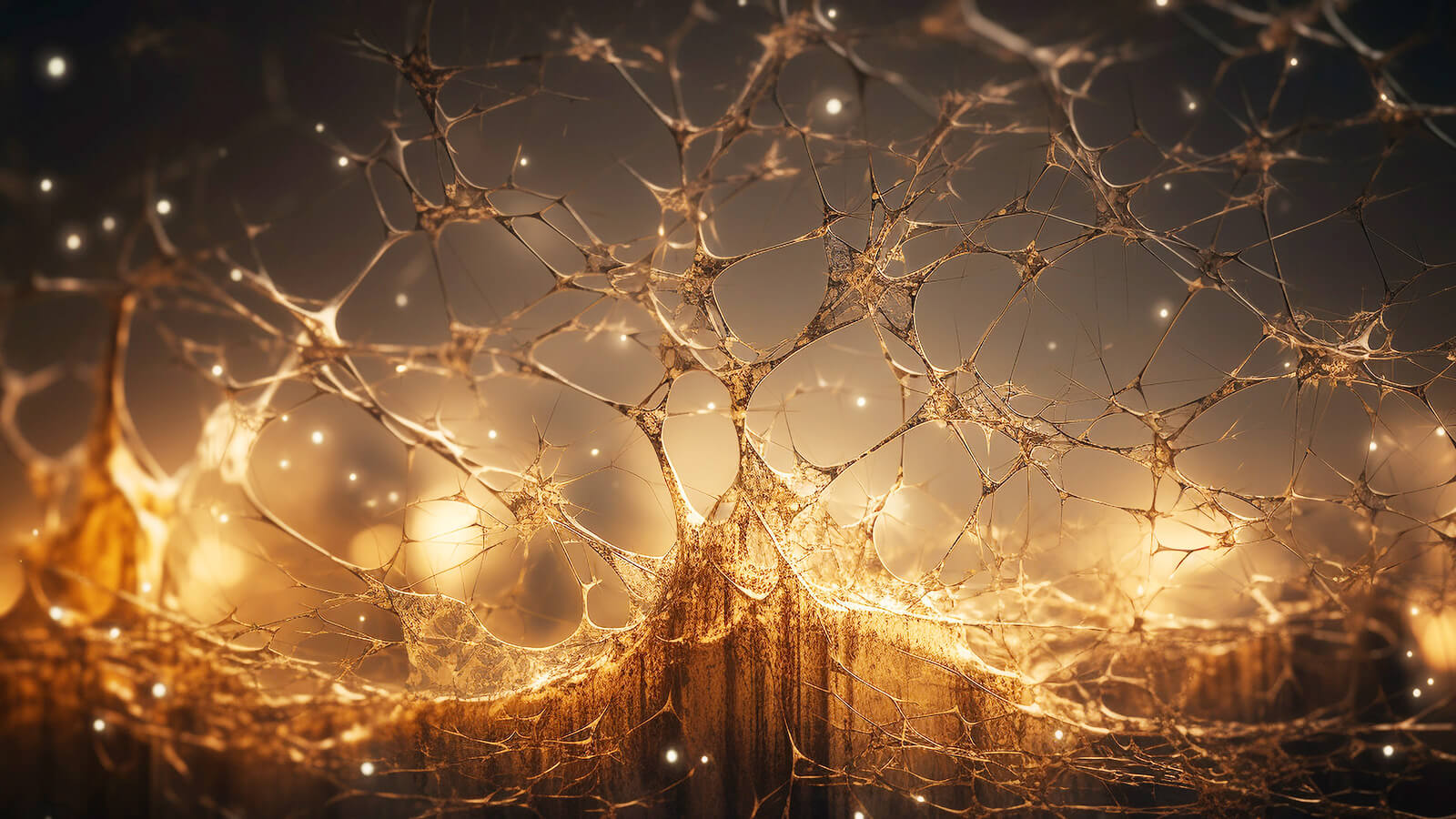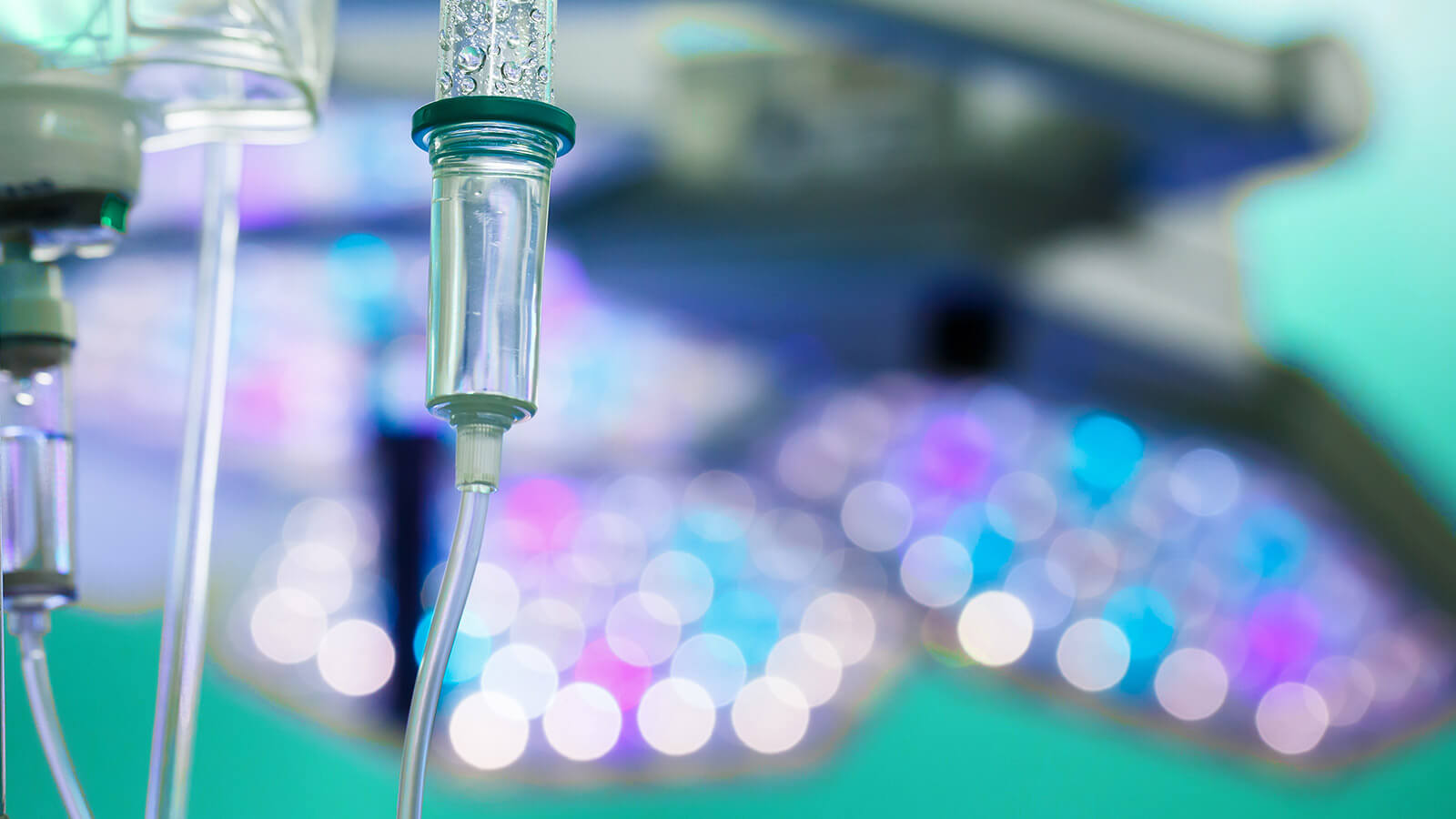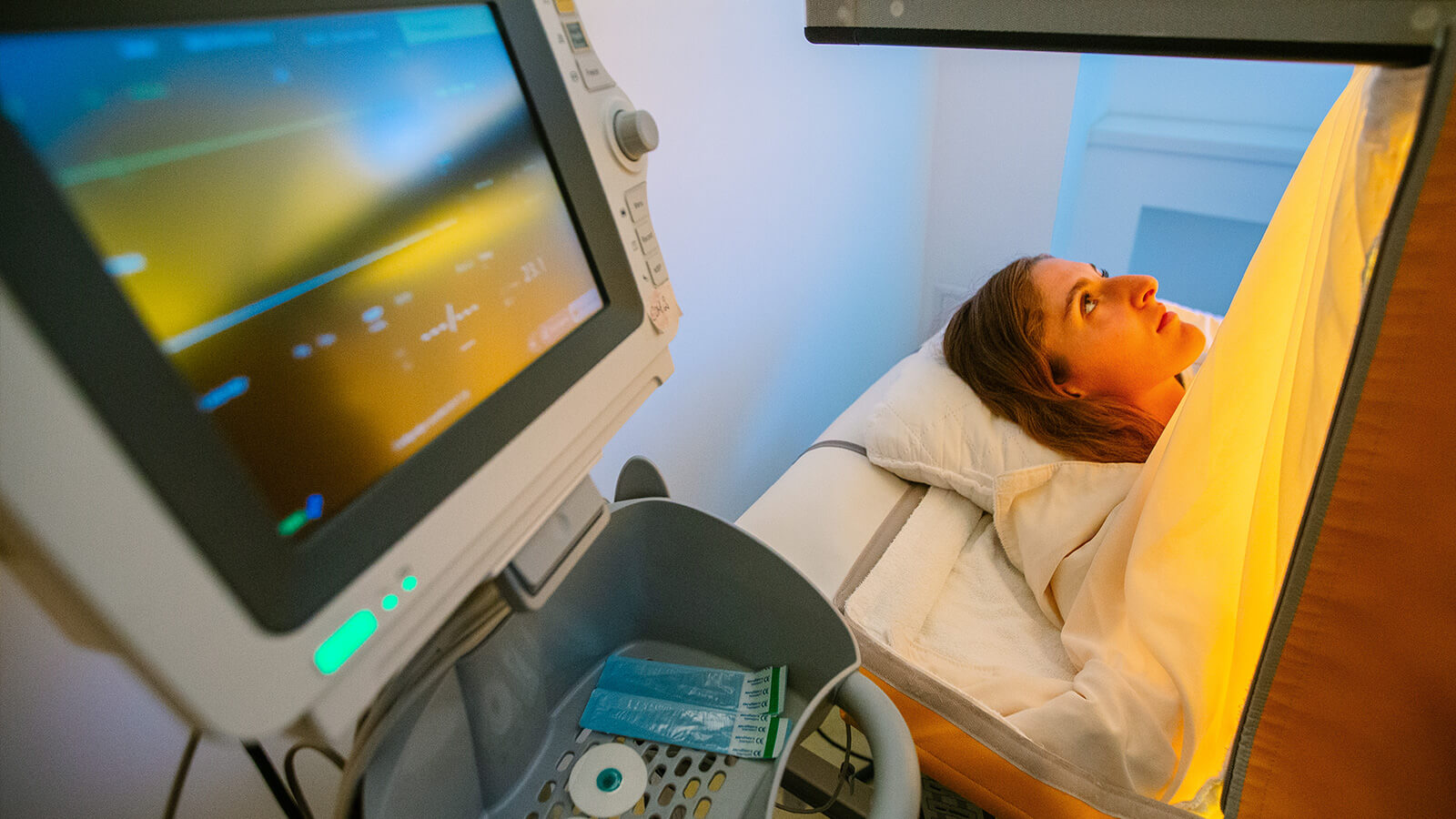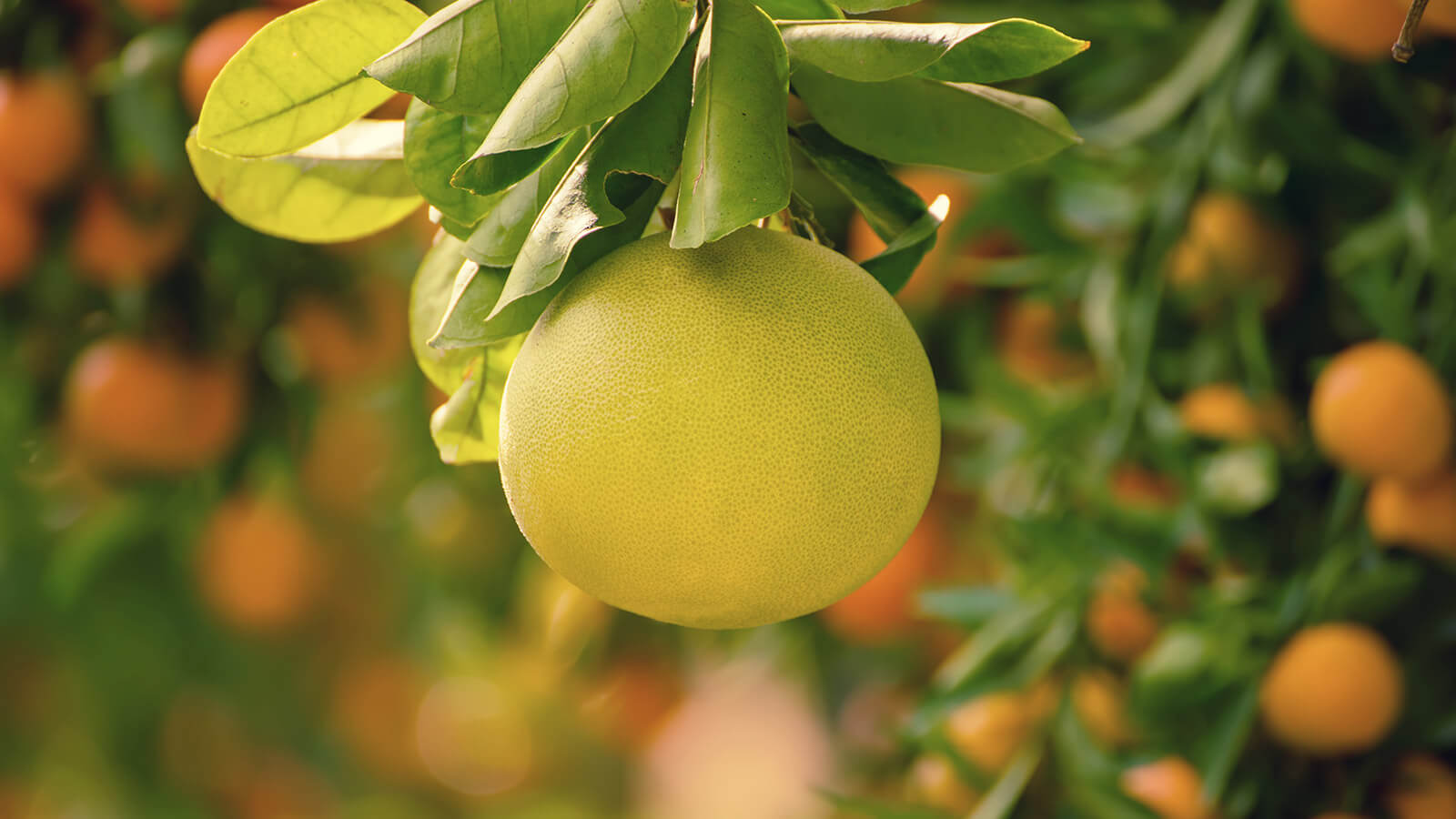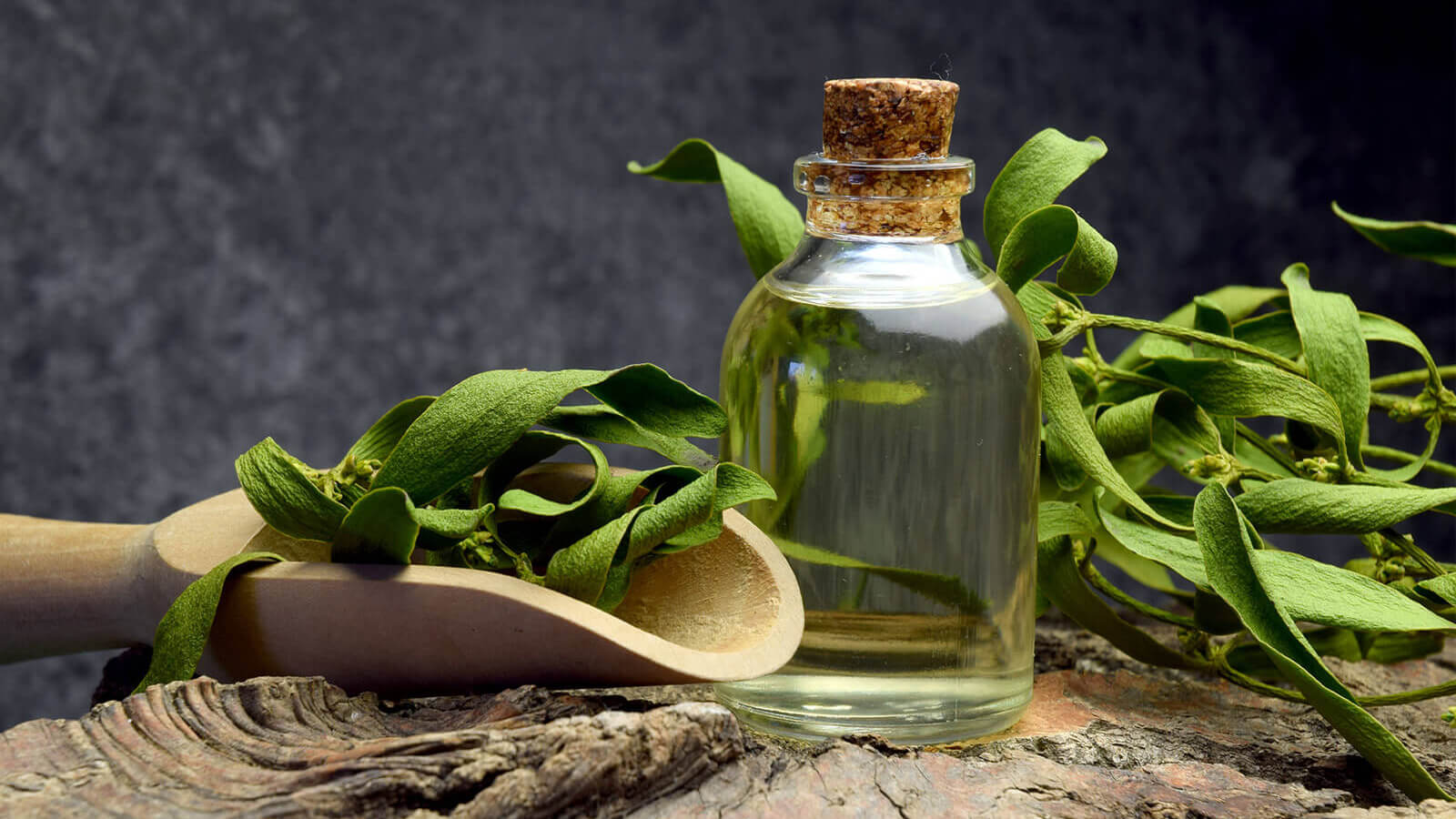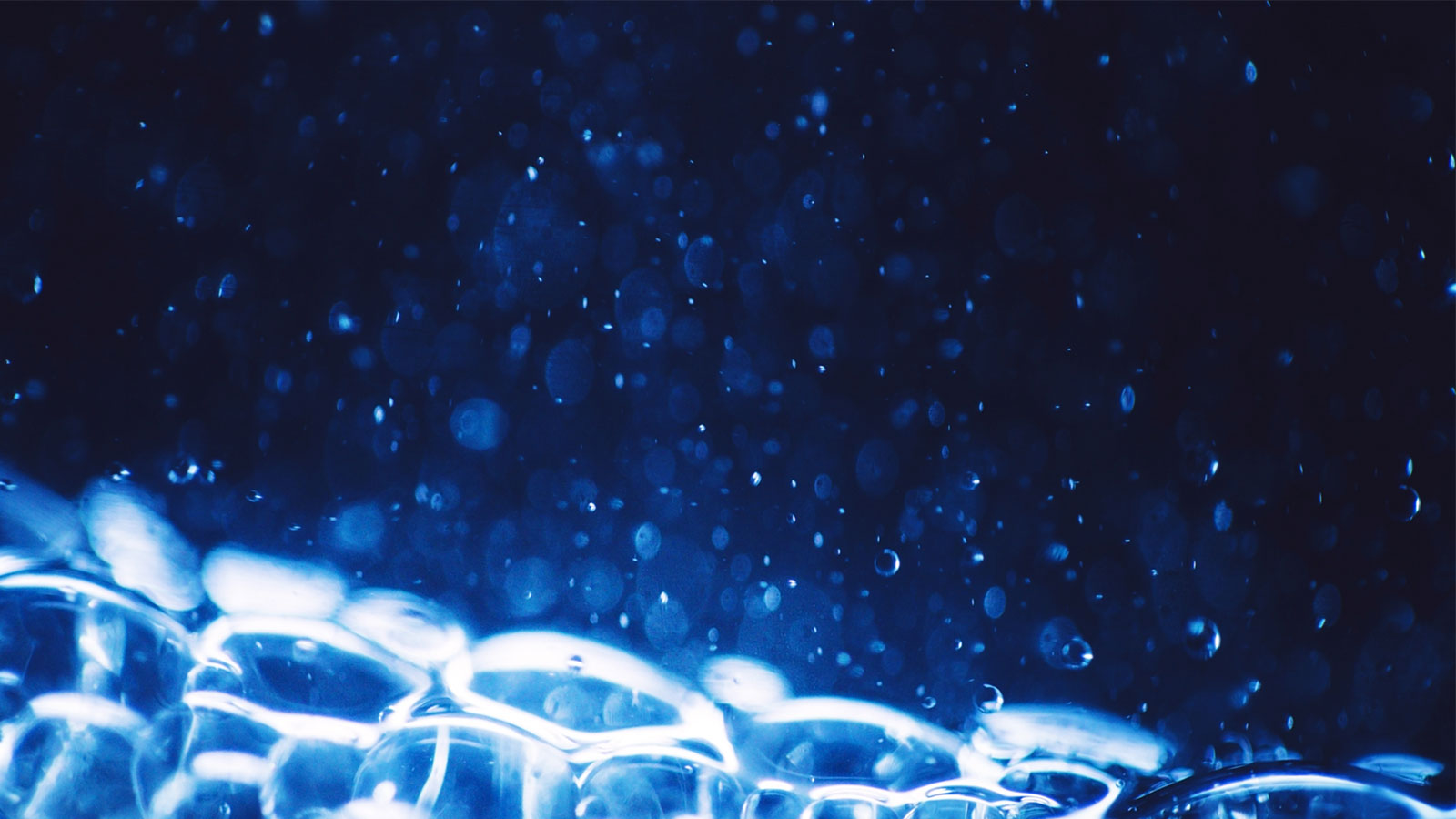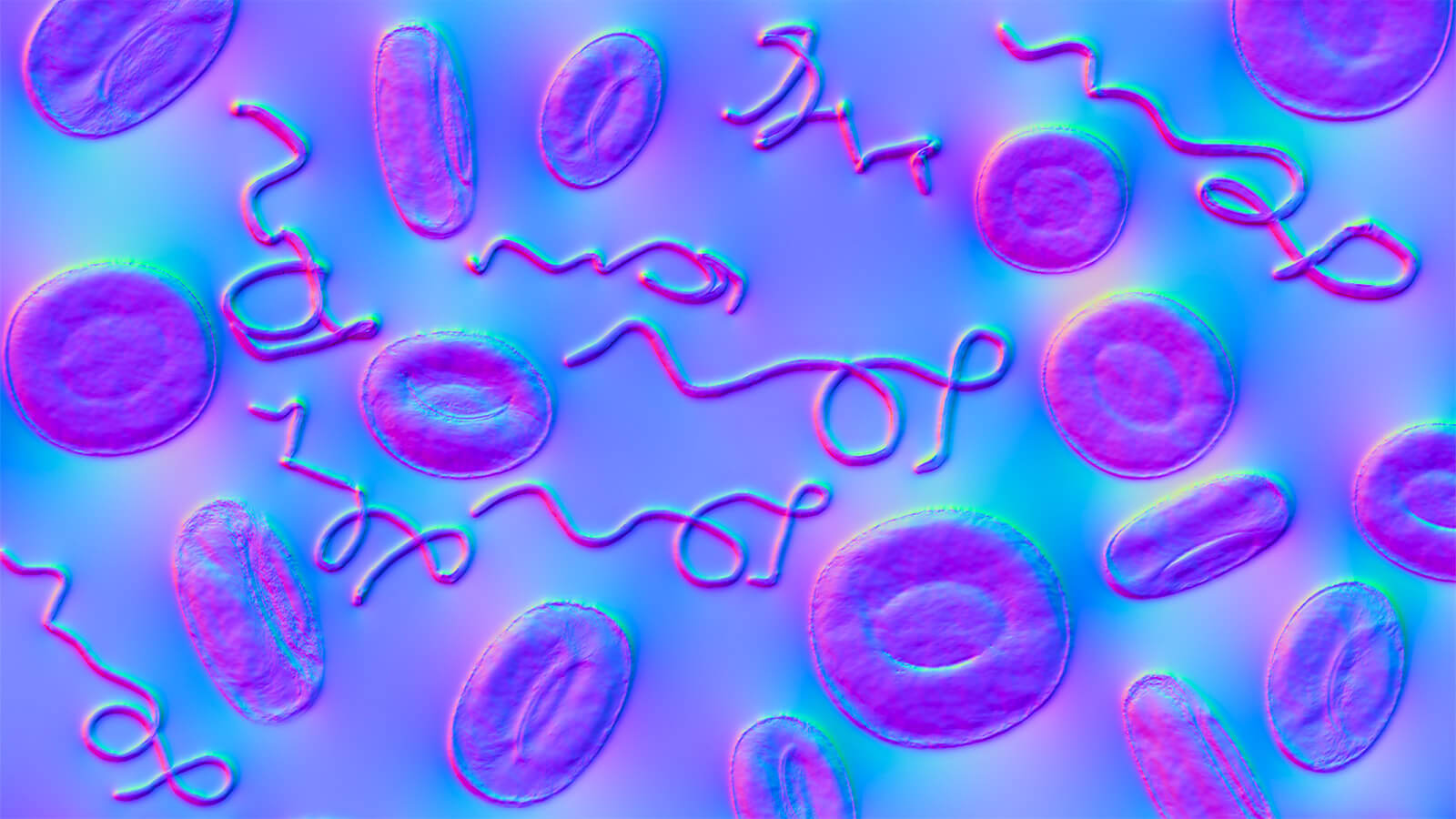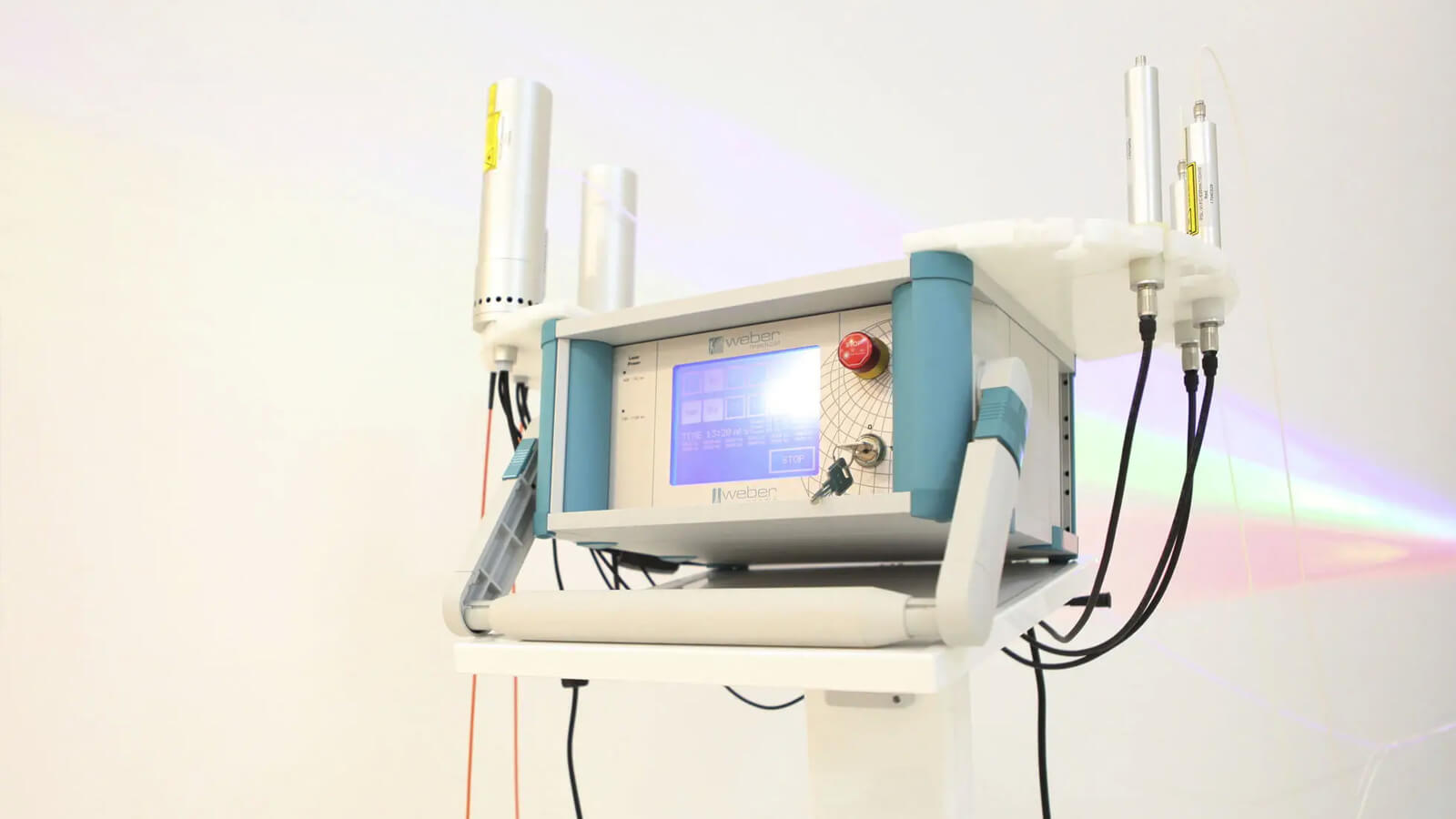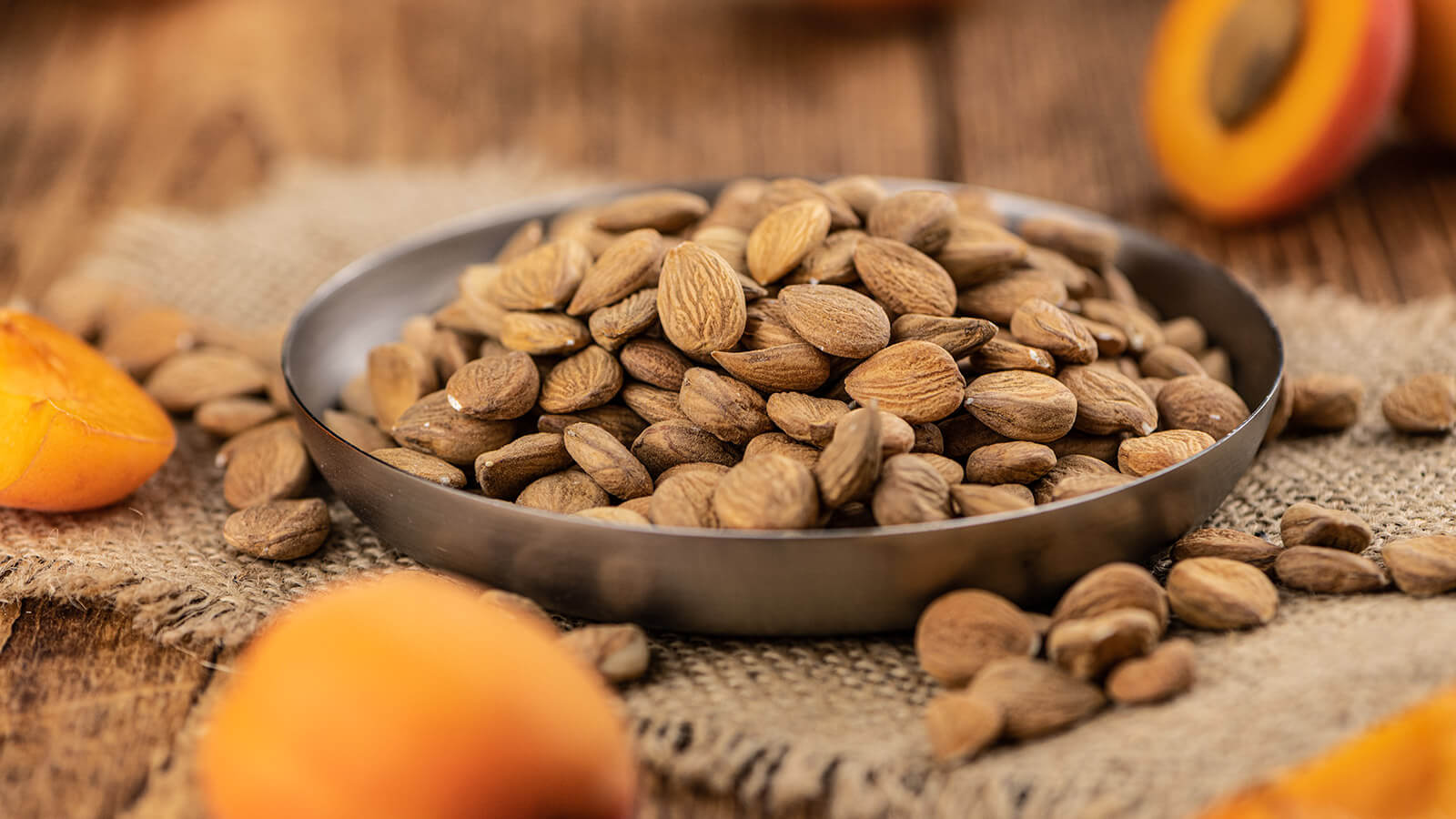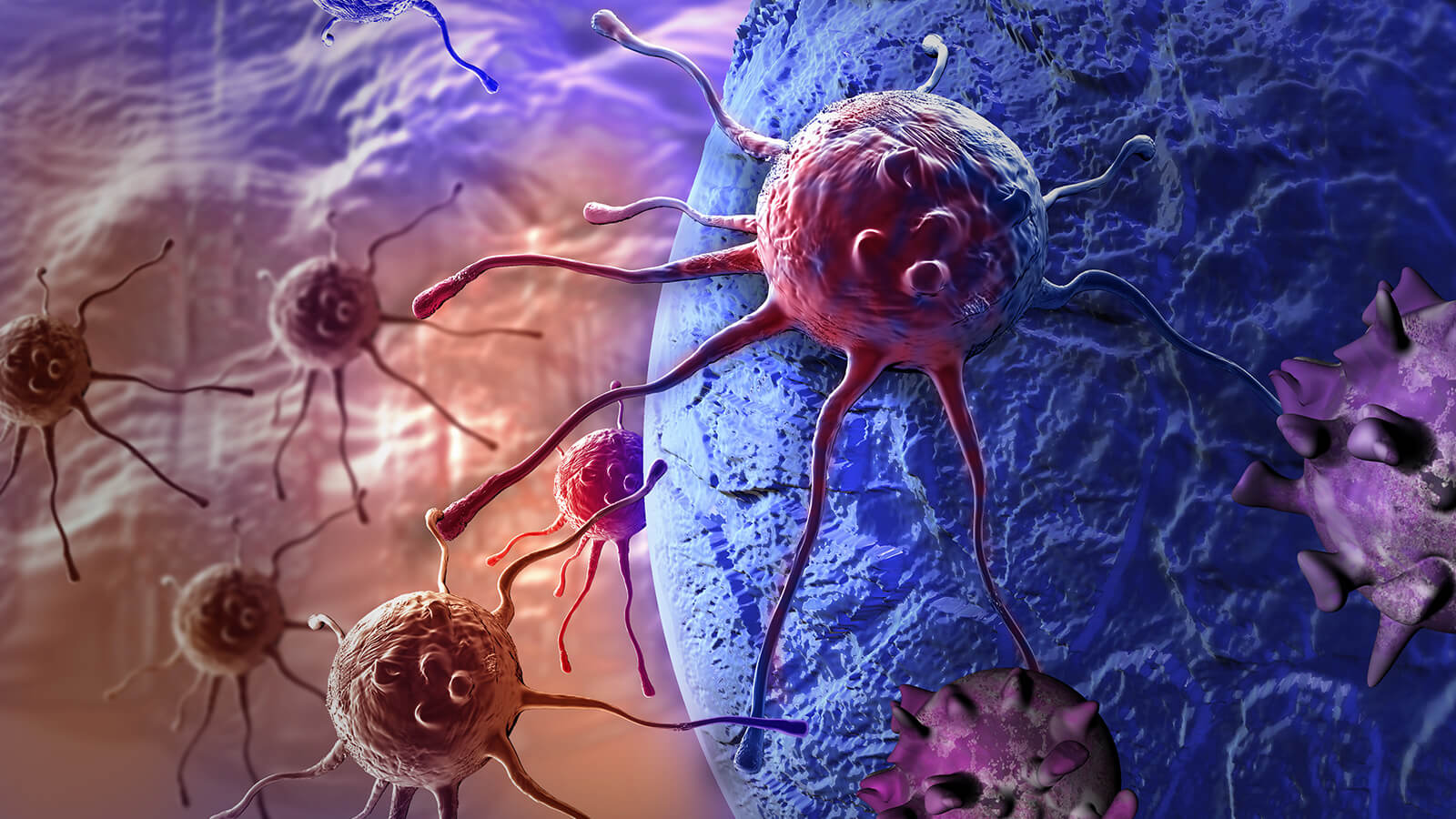
Quercetin, a powerful natural antitumor agent
Quercetin is an important natural and non-invasive anticancer agent, beneficial in preventing and treating cancer. At the ImmunoMedica Clinic, we administer quercetin by infusion in large doses for its chemoprotective, potent vasodilator, vascular protector, and anti-inflammatory effect, but especially for its direct antitumor result.
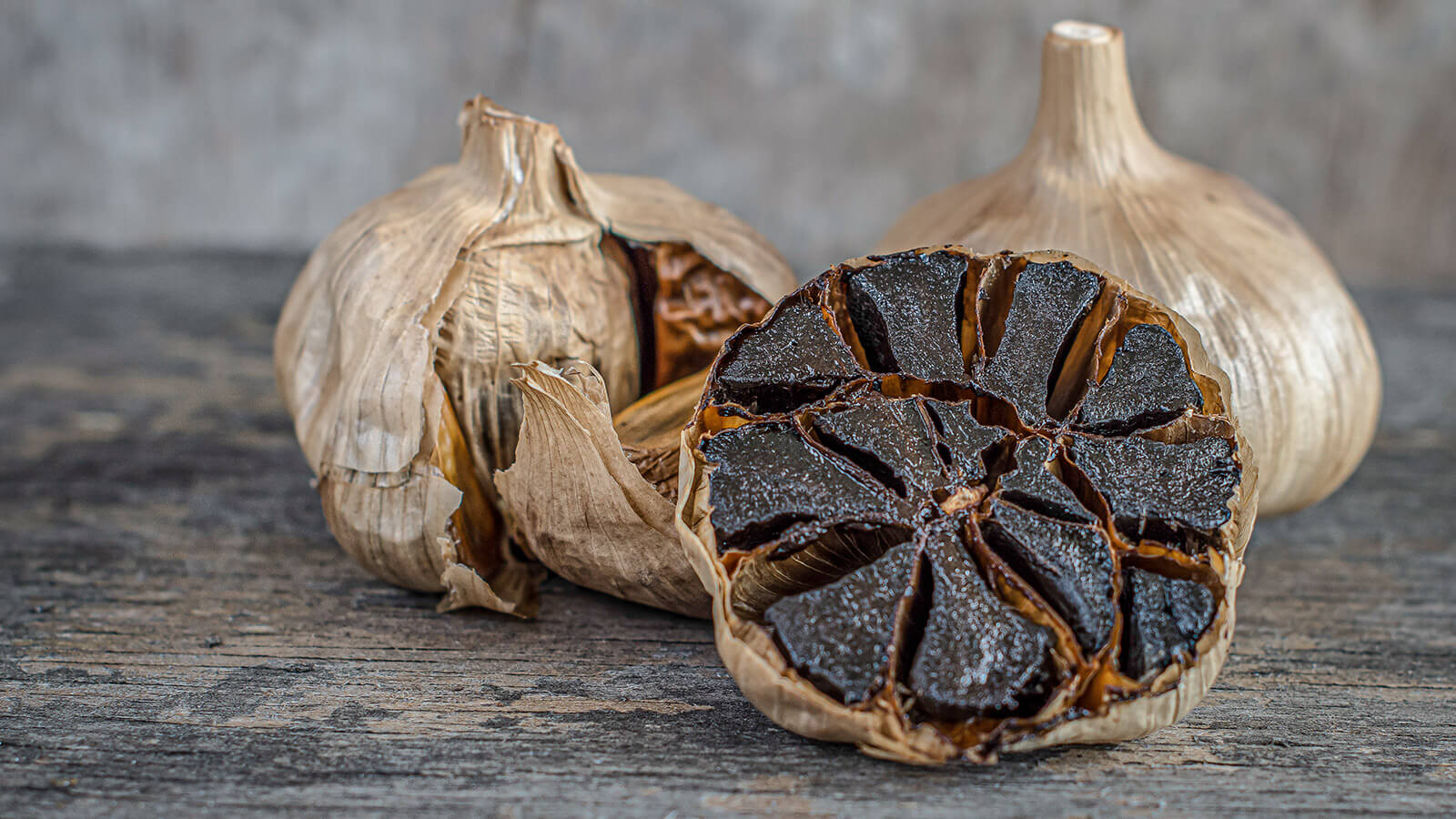
Quercetin
Works at the cellular level, interfering with the process that turns healthy cells into tumor cells. Quercetin acts as a potent anti-cancer agent by attenuating processes related to tumor growth, including oxidative stress, apoptosis, proliferation, angiogenesis, and metastasis. There are more than 4000 studies to date that demonstrate the anti-cancer effect of quercetin.
Mecanism of anticancer
activity of quercetin 1
Quercetin is a vasodilator, anti-inflammatory, antihistaminic, detoxifying, and antiviral. In sufficiently high doses, it acts as a prooxidant 2, is anti-angiogenic and anti-metastatic 3, and reduces multidrug resistance 4. "Quercetin increases susceptibility to NK cell-mediated tumor cell lysis" 5 and can chemosensitize tumor cells 6 through cell cycle changes 7 and intervention in several signaling pathways related to apoptosis 8.
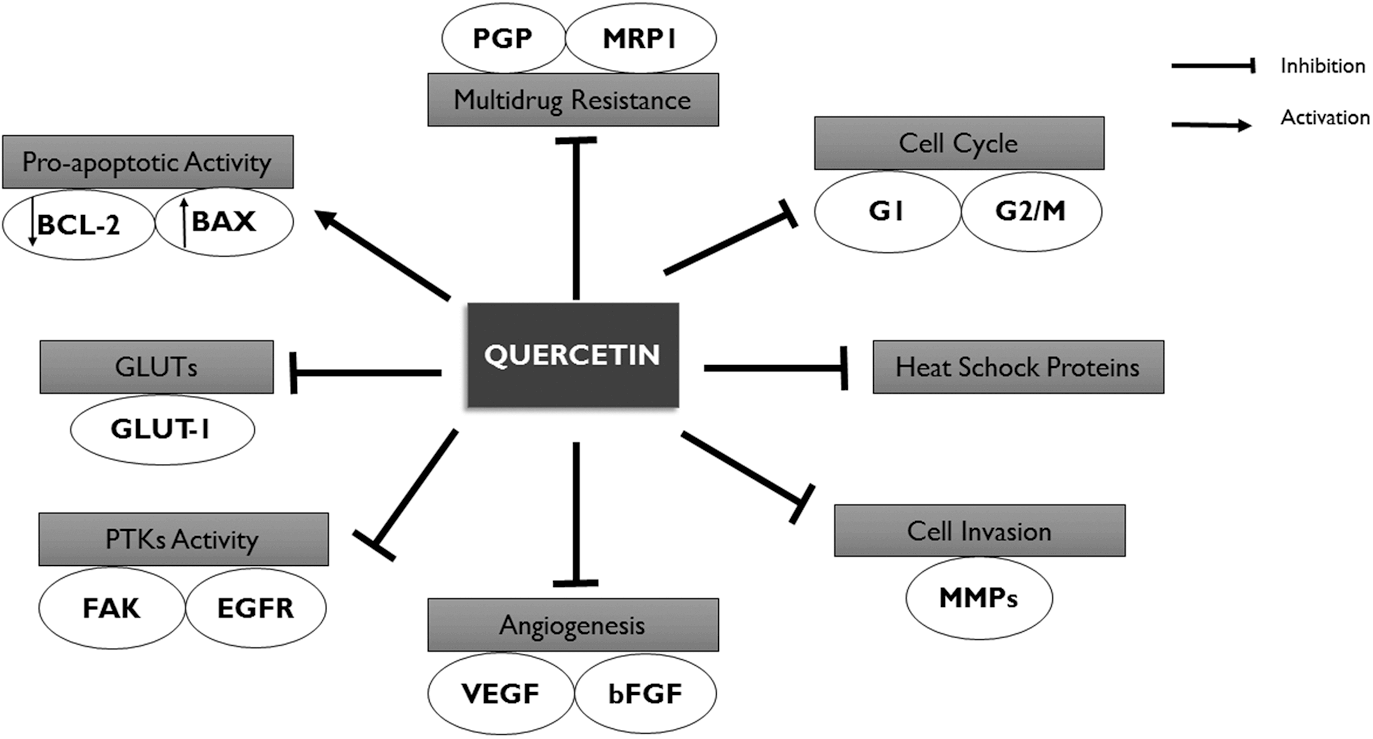
Filipa Brito, Ana, et al. "Quercetin in cancer treatment, alone or in combination with conventional terapeutics." Current medicinal chemistry 22.26 (2015): 3025-3039.
Quercentin has anticancer action
in synergy with
- Epigallocatechin gallate (EGCG), in rhabdomyosarcoma 9
- Curcumin, against triple negative breast cancer 10
- Sulforaphan and green tea catechins, in pancreatic ductal adenocarcinoma 11
- Cisplatin and oxaliplatin, in human ovarian tumor models, to overcome drug resistance in cancer cells 12
- Cisplatin, increasing its sensitivity in human osteosarcoma 13 and having antiproliferative activity on the growth of ovarian cancer cells 14
- Doxorubicin, inducing G2/M cell cycle arrest in human colon cancer, 15 and increasing the therapeutic efficacy of doxorubicin. Quercetin also reduces the side effects of doxorubicin in antileukemic therapy 16
- 5-fluorouracil, which increases its effectiveness in MSI colorectal cancer 17
- Temozolomide, sensitizing glioblastoma cell lines 18
- Topotecan and gemcitabine, sensitizing cells to their cytotoxic activity in fibrosarcoma 19
- Docetaxel, improving its anticancer efficacy 20
Preclinical and clinical studies confirm quercetin as an important anticancer agent in the following cancers
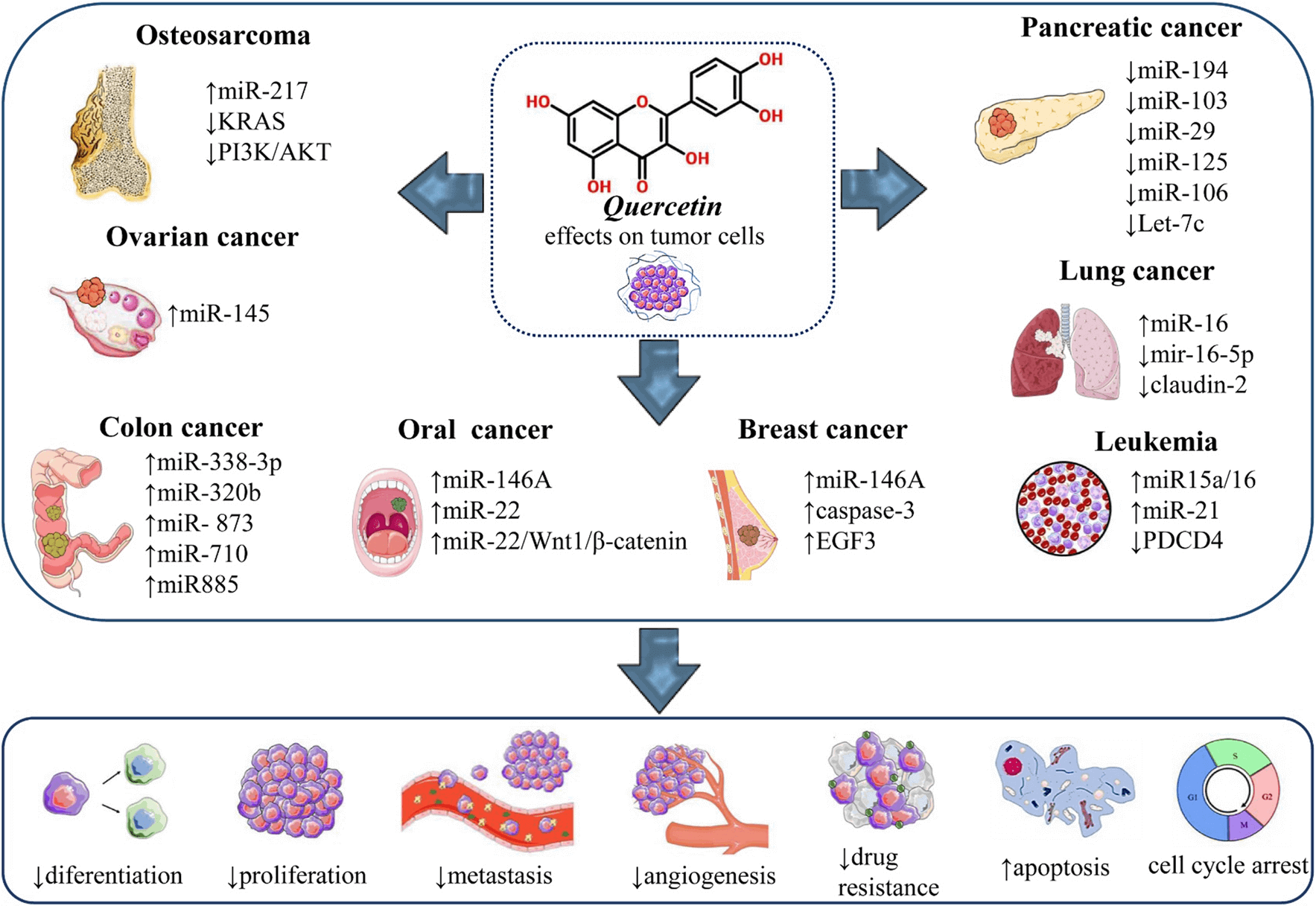
Asgharian, Parina, et al. "Potential mechanisms of quercetin in cancer prevention: Focus on cellular and molecular targets." Cancer cell international 22.1 (2022): 257.
In the ImunoMedica Clinic, we administer quercetin in large doses for its chemoprotective, potent vasodilator, vascular protective, anti-inflammatory effect, and especially its direct anti-tumor effect.
However, this effect can only show up at high injectable doses, the only ones that transform it from antioxidant to pro-oxidative and apoptotic by the mechanisms partially presented above.
That is why anti-tumor therapy with quercetin, to increase its efficiency, must be associated with strategies to decrease intracellular glutathione as in platinum-based cytostatic therapies.
Bibliography
2. Mateus, Paola G., et al. "Quercetin: prooxidant effect and apoptosis in cancer." Studies in natural products chemistry 58 (2018): 265-288.
4. Mateus, Paola G., et al. "Quercetin: prooxidant effect and apoptosis in cancer." Studies in natural products chemistry 58 (2018): 265-288.
2. Mateus, Paola G., et al. "Quercetin: prooxidant effect and apoptosis in cancer." Studies in natural products chemistry 58 (2018): 265-288.
3. Kashyap, Dharambir, et al. "Molecular mechanisms of action of quercetin in cancer: recent advances." Tumor Biology 37 (2016): 12927-12939.
4. Mateus, Paola G., et al. "Quercetin: prooxidant effect and apoptosis in cancer." Studies in natural products chemistry 58 (2018): 265-288.
5. Bae, Jae-Ho, et al. "Quercetin enhances susceptibility to NK cell-mediated lysis of tumor cells through induction of NKG2D ligands and suppression of HSP70." Journal of Immunotherapy 33.4 (2010): 391-401.
6. Iriti, Marcello, et al. "Rutin, a quercetin glycoside, restores chemosensitivity in human breast cancer cells." Phytotherapy Research 31.10 (2017): 1529-1538.
7. Catanzaro, Daniela, et al. "Effect of quercetin on cell cycle and cyclin expression in ovarian carcinoma and osteosarcoma cell lines." Natural product communications 10.8 (2015): 1934578X1501000813.
8. Chou, Chu-Chung, et al. "Quercetin-mediated cell cycle arrest and apoptosis involving activation of a caspase cascade through the mitochondrial pathway in human breast cancer MCF-7 cells." Archives of pharmacal research 33 (2010): 1181-1191; Ward, Ashley B., et al. "Quercetin inhibits prostate cancer by attenuating cell survival and inhibiting anti-apoptotic pathways." World journal of surgical oncology 16.1 (2018): 1-12.
9. Senggunprai L, Kukongviriyapan V, Prawan A, Kukongviriyapan U. Quercetin and EGCG exhibit chemopreventive effects in chol angiocarcinoma cells via suppression of JAK/STAT signaling pathway. Phytother Res. 2014;28:841–8.
10. Kundur, Sai, et al. "Synergistic anticancer action of quercetin and curcumin against triple‐negative breast cancer cell lines." Journal of Cellular Physiology 234.7 (2019): 11103-11118.
12. Nessa MU, Beale P, Chan C, Yu JQ, Huq F. Synergism from combinations of cisplatin and oxaliplatin with quercetin and thymoquinone in human ovarian tumour models. Anticancer Res. 2011;31:3789–97.
13. Zhang X, Guo Q, Chen J, Chen Z. Quercetin enhances cisplatin sensitivity of human osteosarcoma cells by modulating microRNA-217-KRAS Axis. Mol Cell. 2015;38:638–42.
14. Scambia, G., et al. "Synergistic antiproliferative activity of quercetin and cisplatin on ovarian cancer cell growth." Anti-cancer drugs 1.1 (1990): 45-48.
15. Atashpour S, Fouladdel S, Movahhed TK, Barzegar E, Hossein M, Ostad SN, Azizi E. Quercetin induces cell cycle arrest and apoptosis in CD133+ cancer stem cells of human colorectal HT29 cancer cell line and enhances anticancer effects of doxorubicin. Iran J Basic Med Sci. 2015;18:635–43.
16. Du, G.; Lin, H.; Wang, M.; Zhang, S.; Wu, X.; Lu, L.; Ji, L.; yu, L. Quercetin greatly improved therapeutic index of doxorubicin against 4T1 breast cancer by its opposing effects on HIF-1α in tumor and normal cells. Cancer Chemother. Pharmacol., 2010, 65, 277-287.
17. Xavier, C. P. R.; Lima, C. F.; Rohde, M.; Pereira-Wilson, C. Quercetin enhances 5-fluorouracil-induced apoptosis in MSI colorectal cancer cells through p53 modulation. Cancer Chemother. Pharmacol., 2011, 68, 1449-1457.
18. Sang, D.; Li, R.; Lan, Q. Quercetin sensitizes human glioblastoma cells to temozolomide in vitro via inhibition of Hsp27. Acta. Pharmacol. Sin., 2014, 35, 832-838.
19. Sliutzl, G.; Karlseder, J.; Tempfer, C.; Orel, L.; Holzer, G.; Simon, M. M. Drug resistance against gemcitabine and topotecan mediated by constitutive hsp7O overexpression in. vitro: implication of quercetin as sensitiser in chemotherapy. Br. J. Cancer, 1996, 74, 172-177.
20. Safi, Amir, Esfandiar Heidarian, and Reza Ahmadi. "Quercetin synergistically enhances the anticancer efficacy of docetaxel through induction of apoptosis and modulation of PI3K/AKT, MAPK/ERK, and JAK/STAT3 signaling pathways in MDA-MB-231 breast cancer cell line." International journal of molecular and cellular medicine 10.1 (2021): 11.
The therapeutic solutions we provide
Comprise a wide range of conventional, adjuvant and supportive therapies, which integrate medical concepts that have been built on a sturdy scientific basis and on the clinical experience of numerous cancer specialists worldwide.
ImunoMedica patients have access to the latest diagnostic tools, technologies and innovations as well as to the latest and best treatments available, as soon as these are proven to be safe and effective.
How can you become a patient of our clinic?
Throughout the whole process, from your initial contact, through treatment and after you leave our clinic, our patient coordinators will guide you through the steps and support you with all their expertise, attention and kindness.
*
We are here to help you
Our patient coordinator will contact you soon
Phone: +40.771.518.946, e-mail: office@imuno-medica.ro

